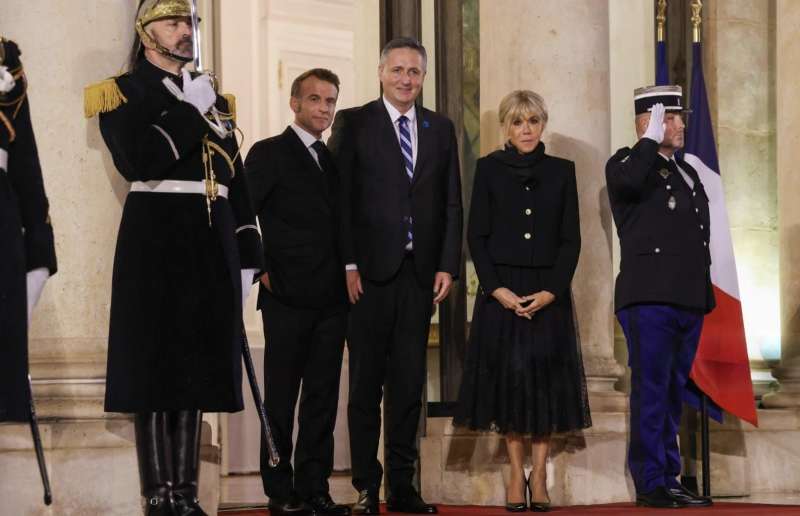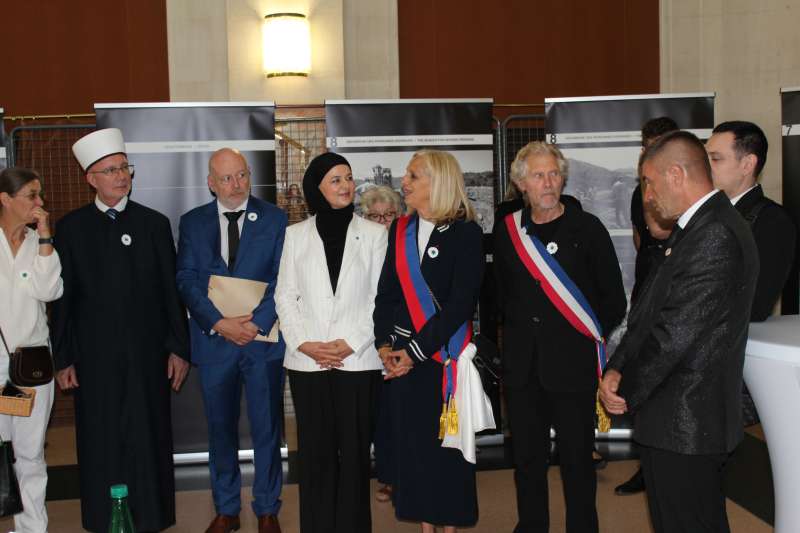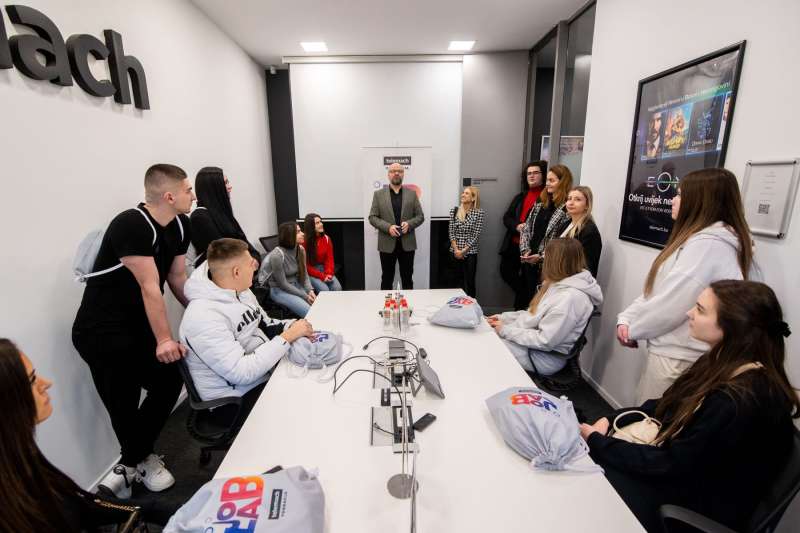SARAJEVO, June 13 (FENA) - The international financial architecture, inherited from the post-war period, no longer provides satisfactory answers to deepening inequality, climate challenges, biodiversity erosion and public health challenges that characterize the 21st century. The answers given by the international community today are fragmented, partial and insufficient, wrote French Ambassador to Bosnia and Herzegovina, Christine Toudic, in her column announcing the Summit for a New Global Financing Pact, which will be held in Paris on June 22 and 23.
"On one hand, concessional resources used by development institutions do not give their full potential, especially in terms of influence, co-financing and adaptation to needs. On the other hand, the increase in the cost of financing conditions and the growth of indebtedness inhibit investments in developing countries and do not provide them with the means to respond to the challenges they face," the French Ambassador stated.
However, she wrote, international solidarity is more necessary than ever in the context of growing crises that further weaken the poorest and most vulnerable countries. In order for the most exposed countries to emerge from the COVID crisis, to deal with the consequences of Russian aggression in Ukraine on their food and energy security, and to finance the very high cost of climate transition and the consequences of extreme climate events, it is necessary to switch to a new way of doing business.
"While two major risks burden our planet, the International Monetary System inherited from Bretton Woods is reaching its limits. Firstly, it is insufficient support for the development and protection of global public goods due to the lack of mobilized resources and the risk of geopolitical fragmentation at a time when we need efficient multilateralism and improved cooperation more than ever. A number of G7 and G20 countries, organizations and associations share this observation with France and want to convey it: we must act quickly and together to correct imbalances and injustices caused by these fractures.
Therefore, today we call for an audit of our software and a financial shock. Together, we must develop our international monetary system so that it is more reactive, fairer and more solidary in order to fight inequality, finance the climate transition and protect biodiversity, and bring us closer to achieving the Sustainable Development Goals of the United Nations," Toudic wrote.
As she points out, this is the goal of the Summit for the New Global Financing Pact, which will be held in Paris on June 22 and 23. The aim of this summit is inclusiveness - every country should have the opportunity to express themselves and offer proposals.
This summit is part of a positive dynamic: the initiation of the reform of the World Bank, the Indian presidency of the G20 and the upcoming Brazilian presidency, the mid-term review of the sustainable development goals, the commitments made during the COP, all of these are reasons for continuing this process. And tangible solutions are already in sight: the Paris Club and the G20 have launched an initiative to process the debt, while France plays a key role in the implementation of coordinated solutions within this "Common Framework".
"We proposed and obtained the use of 100 billion dollars of special drawing rights from the IMF in favor of the most vulnerable countries. All countries should participate in this process from now on. Several multilateral development banks have begun to respond to G20 demands, implementing initial capital optimization measures to increase their lending capacity. But today we must go further, drawing inspiration, for example, from the Bridgetown Initiative, a set of innovative solutions led by Barbados, to face the climate vulnerability that affects many developing and middle-income countries," states Toudic.
"We will support the reform agenda of the development banks and the IMF for more significant financing of countries that need it most, as well as global challenges. It is a plan to improve existing instruments and capital and promote innovative approaches and instruments to support the poorest and most vulnerable countries. This is also the desire to mobilize more private financing through mechanisms of guarantees and risk sharing to redirect financial flows to these countries to provide support primarily to the local private sector and sustainable infrastructures. This presupposes stronger mobilization of our instruments, new and innovative, public and private funding," she believes.
In order to be more efficient, our international financial institutions must engage more strongly than before for better joint work with greater use of private savings.
"In order to be more inclusive, we must give a more significant voice to the most vulnerable countries in international circles," said Toudic.
The Summit for a New Global Financing Pact will put international financial challenges in the foreground, and the presence of numerous heads of state and government will provide the impetus to achieve the necessary transformations.
"We do not have to choose between the fight against poverty, the fight against global warming and its consequences and the protection of biodiversity. A just transition is the only answer," concluded French Ambassador to BiH Christine Toudic.
(FENA) A. B.











